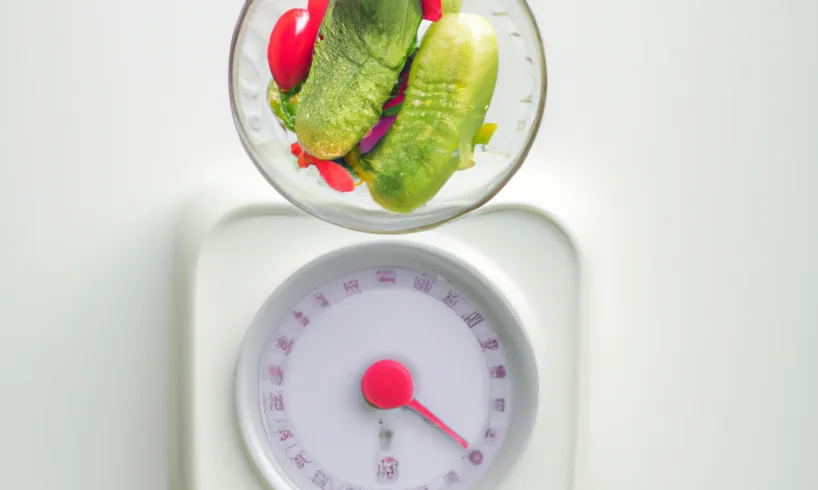
Understanding Vegetarian and Vegan Diets for Healthy Weight Loss
A vegetarian or vegan diet can be an effective way to lose weight in a healthy manner. This is primarily due to the presence of high fiber and low-fat foods that these diets typically include. However, it’s important to remember that merely being vegetarian or vegan does not automatically equate to weight loss. The key lies in a balanced diet, regular exercise, and maintaining a calorie deficit.
The Nutritional Benefits of a Vegetarian/Vegan Diet
A vegetarian or vegan diet emphasizes fruits, vegetables, grains, legumes, nuts, and seeds. These foods are rich in complex carbs, dietary fiber, antioxidants, and essential vitamins and minerals. They tend to be lower in calories and fat than many animal-based foods, which can help to create a calorie deficit needed for weight loss.
Components of A Healthy Vegetarian/Vegan Weight Loss Diet
1. Balanced Nutrition
The first component of a healthy vegetarian/vegan weight loss diet is balanced nutrition. It’s important to ensure you’re getting protein, carbohydrates, fats, vitamins, and minerals in appropriate quantities. This can be achieved by including a variety of plant-based foods in your diet.
2. Calorie Control
Weight loss essentially boils down to burning more calories than you consume. Even with a plant-based diet, it’s still possible to consume more calories than you burn, which can lead to weight gain. Therefore, it’s important to be mindful of portion sizes and overall calorie intake.
3. Regular Exercise
Regular physical activity is a crucial component of any weight loss plan. Exercise helps to increase the number of calories you burn, which can help to enhance weight loss on a vegetarian or vegan diet.
Considerations for Vegetarians/Vegans Seeking Weight Loss
1. Nutrient Deficiencies
Vegetarians and vegans may be at risk of certain nutrient deficiencies, including vitamin B12, iron, and omega-3 fatty acids. Therefore, it’s important to include nutrient-rich foods in your diet and consider taking supplements if necessary.
2. Over-reliance on Processed Foods
While many processed foods are vegetarian or vegan, they can often be high in calories, sugar, and unhealthy fats. Therefore, it’s best to focus on whole, unprocessed foods for healthy weight loss.
Practical Tips for Vegetarian/Vegan Weight Loss
1. Plan Your Meals
Meal planning can help to ensure that you’re getting a balanced diet while staying within your calorie limits.
2. Include Protein in Every Meal
Including a source of protein in each meal can help to keep you feeling full and satisfied, which can help to prevent overeating.
3. Stay Active
In addition to a healthy diet, regular physical activity can help to enhance weight loss.
With the right approach, a vegetarian or vegan diet can be a healthy and effective way to lose weight. It’s all about balance, portion control, and making sure you’re getting the nutrients your body needs. With these strategies in place, you can achieve and maintain a healthy weight while enjoying a plant-based lifestyle.






